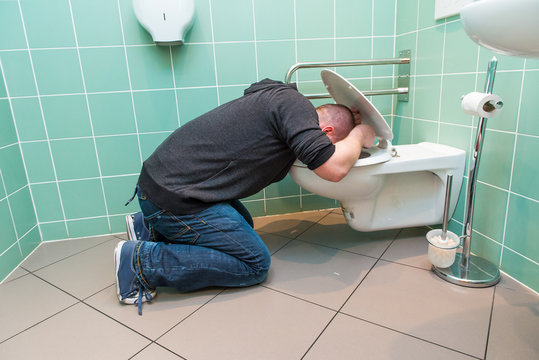Poisons are substances that can cause harm or death when absorbed, inhaled, or ingested. They interfere with biological processes, leading to toxic effects. Some poisons occur naturally, while others are synthetic.
Types of Poisons:
- Biological poisons – Found in plants, animals, and bacteria (e.g., ricin, tetrodotoxin).
- Chemical poisons – Industrial or household chemicals (e.g., cyanide, mercury).
- Radiological poisons – Radioactive substances that damage cells (e.g., polonium-210).
- Synthetic poisons – Man-made toxins like nerve agents (e.g., VX gas).
Poisons can enter the body through four main routes:
- Ingestion – Swallowing contaminated food, drinks, or toxic substances.
- Inhalation – Breathing in poisonous gases, fumes, or airborne chemicals.
- Absorption – Poison entering through the skin or mucous membranes.
- Injection – Direct entry into the bloodstream via needles, bites, or stings.

Signs and Symptoms

Signs and symptoms of poisoning depend on the type of poison and how it enters the body. Some general symptoms include:
- Nausea, vomiting, or diarrhoea – Common with ingested poisons.
- Dizziness or confusion – Can indicate toxic effects on the nervous system.
- Breathing difficulties – Seen with inhaled poisons like carbon monoxide.
- Skin irritation or burns – If poison comes into contact with the skin.
- Seizures or unconsciousness – Severe poisoning can affect brain function.
- Abnormal heart rate – Some poisons impact cardiovascular health.
- Excessive drooling or foaming at the mouth – May indicate ingestion of toxic substances.
If poisoning is suspected, seek medical help immediately.

Poisoning treatment
depends on the type of poison and how it entered the body. Here are the general steps:
Supportive care – IV fluids, oxygen, and medications may be needed.
Call emergency services – If someone is unconscious, having trouble breathing, or showing severe symptoms, dial 999 immediately.
Do not induce vomiting – Unless instructed by medical professionals.
Remove the poison – If on the skin, wash with water; if inhaled, move to fresh air.
Activated charcoal – Sometimes used in hospitals to absorb toxins.
Antidotes – Some poisons have specific antidotes.
Important
Cleaning up poison requires careful handling to avoid exposure. Here are some general steps:
- Wear protective gear – Gloves, masks, and eye protection.
- Ventilate the area – Open windows to disperse fumes.
- Contain the spill – Use absorbent materials for liquid poisons.
- Dispose of safely – Follow local hazardous waste disposal guidelines here.
- Clean thoroughly – Use appropriate disinfectants to remove residue.
For specific poisons, such as rat poison, you should follow any guidelines on the packets. Training protocol should be followed.
